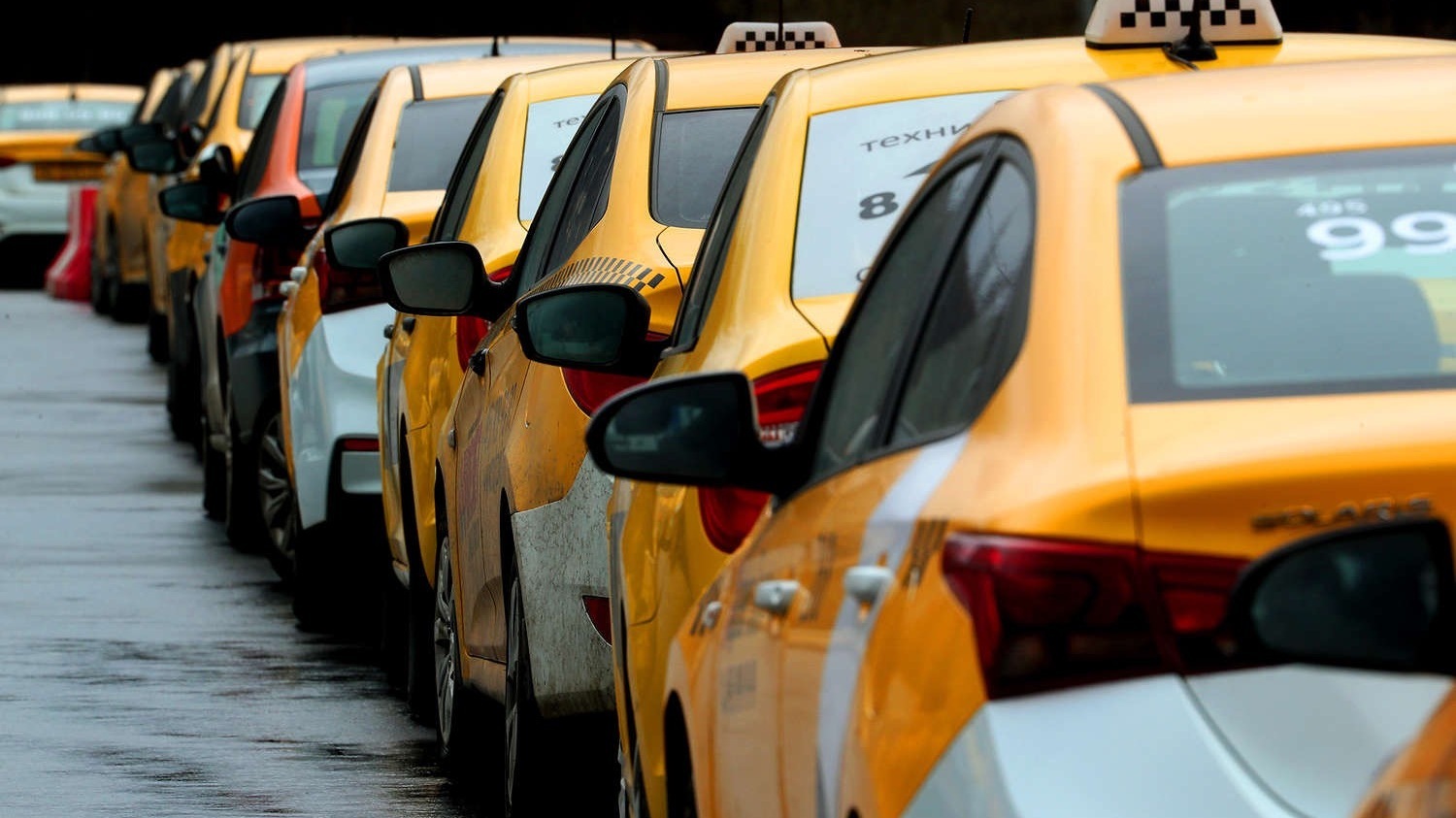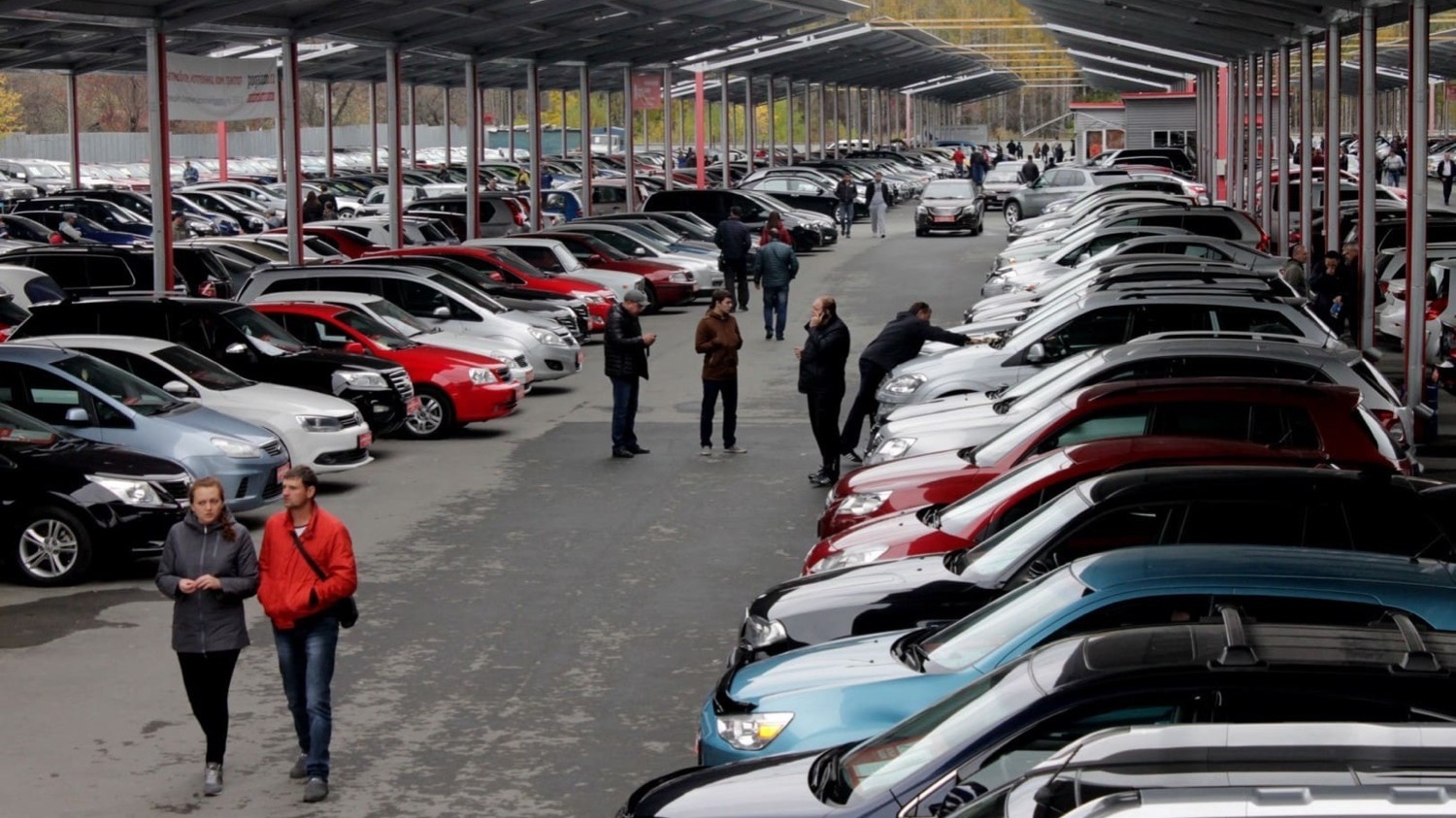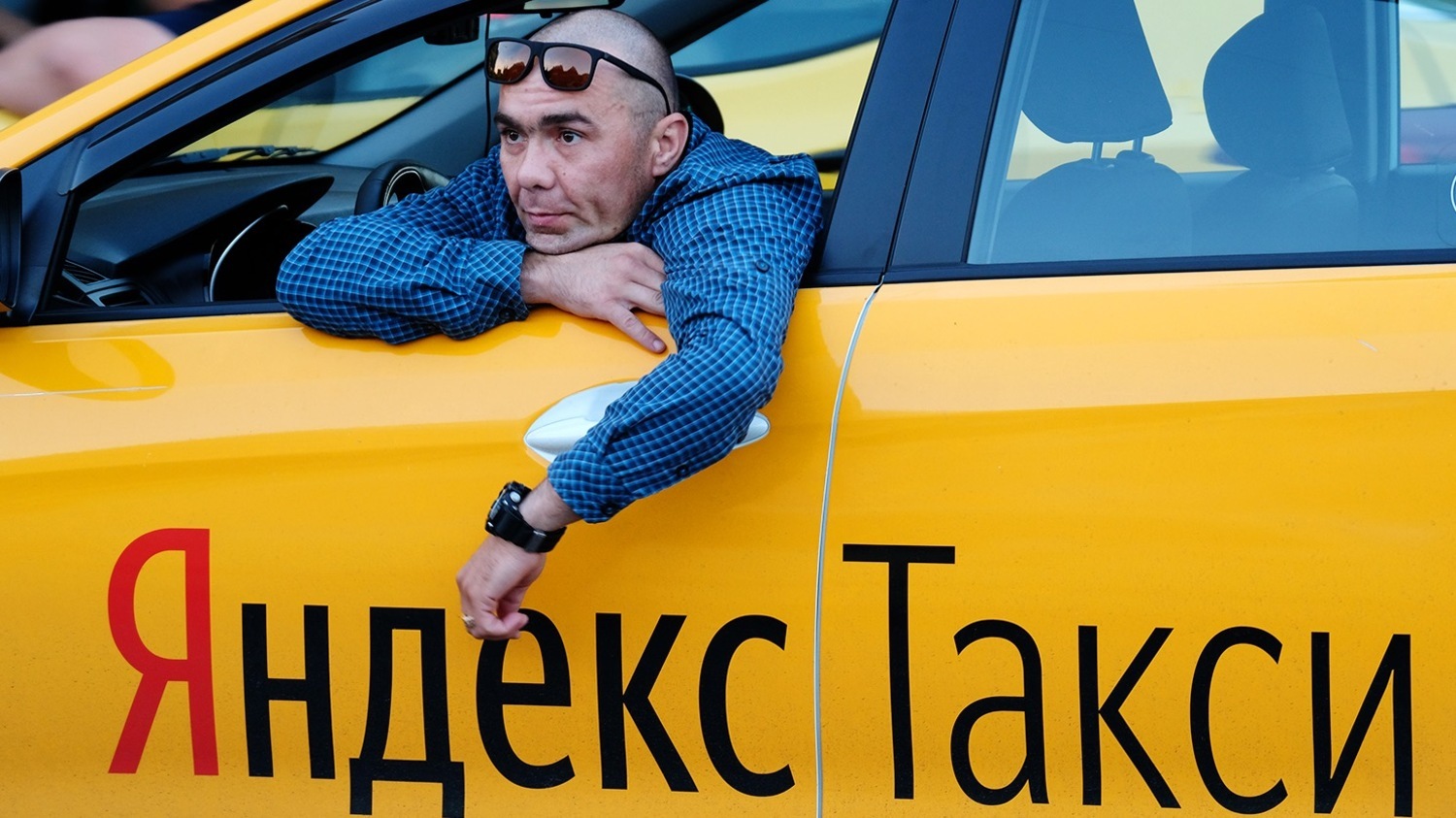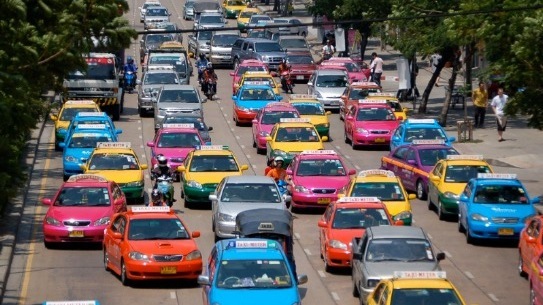Posted 12 сентября 2023, 05:56
Published 12 сентября 2023, 05:56
Modified 12 сентября 2023, 13:48
Updated 12 сентября 2023, 13:48

«It will be cheap only by bus»: why taxi prices are doomed to rapid growth
Elena Petrova, Natalia Seibil
«No need to repaint anything! Who told you that it would be necessary to paint cars?» — taxi driver Andrey Popkov, chairman of the coordinating Council of the Interregional Trade Union of Public Transport Workers, is amazed at the rumors that are going around the country. The new taxi law is not a gift at all for taxi drivers, but it will not affect the price of the trip, Andrey is sure, although taxis will really be much more expensive.
The country has been preparing to increase taxi prices since September 1 due to the introduction of a new taxi law and did not notice that this type of transport has risen in price without it. The average check for a taxi ride increased by 115 rubles in 2023 from 320 to 435 rubles in six months, and in Moscow pays 771 rubles for an average trip at all. However, prices actually rose even faster. The Maxim service told the Chekindex publication that taxi rides in the regions have risen in price by 35%, and in Moscow — by 40% since the beginning of the year. Prices for a «trip to the bakery» will continue to rise, and the economy and the actual monopolization of the taxi market are to blame for this.


SVO, sanctions, ruble exchange rate
Over the past two years, due to sanctions and the withdrawal of all car companies from the Russian market, the cost of all cars in the country has more than doubled, and the cost of spare parts — and even more — by five times, participants in the taxi transportation market told NI. In some positions, spare parts have risen in price even more — by 7 times. Until the summer, gasoline prices had been rising twice as fast as inflation since the beginning of the year. In the summer, they were already 5 times ahead of inflation. Especially unlucky are those who have to change the car now because of resource development. The cost of the budget car itself, which cost 1 million rubles two years ago, has now doubled.
Taxi drivers are thinking about the economic feasibility at such a price level, says Bogdan Konoshenko, chairman of the Committee of the Moscow Chamber of Commerce and Industry on the development of taxi transportation. Translated into Russian, it means: who will drive at a loss?
— Many carriers continue to operate old cars, their service life is increasing. With an increase in the period, the cost of owning a vehicle also increases, which also negatively affects the cost of trips, because almost all costs increase. First of all, the increase in cost is related to this. And as for the new law, there are, of course, questions to it. In Moscow today, this definitely does not affect the cost, — Bogdan Konoshenko is sure.


Under the talk about safety, the monopolization of the taxi market is growing
Taxi market in Russia has changed since the arrival of aggregators in the industry. In fact, they took over the functions of the state, says Andrey Popkov. The new law was adopted in the interests of aggregators:
— An aggregator is an organizer of transportation. He took over this function a long time ago. In fact, he assumed the function of the state. He decides how much the trip will cost, he decides whether or not to submit a car, he decides how much the driver will work. He can disconnect the driver from the service without explaining the reasons. And don't let him work.
This is such a usurpation of power in a taxi. Therefore, all questions to them. They lobbied for this law, they imposed the self-employed on everyone in order to withdraw money through the self-employed.
There are several aggregators in Russia, although the largest of them is Yandex.Taxi. It accumulates three-quarters of aggregators' revenue.
— Money does not get to the manager directly from the passenger. They go directly to the aggregator's account. Then the aggregator distributes how much to give to whom as a cash register: to pay taxes, to give to the driver for transportation or to the taxi company. In order not to give money or to kill a driver or a taxi company, you need power. In order not to pay, throw the driver. Accordingly, he will introduce all sorts of fines, even all sorts of nonsense, in order to rob the driver as much as possible and pay him less. — Popkov thinks.
According to taxi drivers, according to the new law, the driver remains one-on-one with a huge company. In order not to lose his job, he will be ready to work for less money and on worse conditions.
However, Bogdan Konoshenko does not agree that the new law was adopted only taking into account the interests of the aggregator:
— Aggregators, which currently determine the cost of trips, are also hostages of this situation. It is clear that an increase in the cost of a trip by another two times in relation to what it is today will lead to a drop in revenue from this service, according to expert estimates, by five to six times. Therefore, they also cannot sharply raise prices. But you need to understand that the period of lowering prices for taxi services is over. Only growth awaits us ahead.
In the struggle of taxi companies with aggregators, the losers will be drivers and their passengers. It is the passengers who are now being offered to sign a contract for hiring a car with a crew. Experts recommend not to do this — if you get into an accident on this car, you will lose the payment as an injured person.


…and a new law to boot
In addition to economic troubles, additional responsibilities are imposed on the driver, which cause new expenses. In addition to medical examinations, which are not carried out by any taxi driver in the world, now all drivers will have to take an exam for knowledge of the city where he works. We are talking about million-plus cities. Now all taxi drivers use the navigator. However, due to drones and electronic warfare, GPS can suddenly turn off, and then nonresidents who have recently started working in Moscow or St. Petersburg do not know how to go.
— We are talking about the fact that the driver must take an exam for knowledge of the infrastructure of the city. In my opinion, this is an unnecessary story. Although, to date, the navigator does not work at all in the center of Moscow. It's clear why. A person who does not orient himself in any way and does not understand where everything is, it will be difficult for him to fulfill orders,» Bogdan Konoshenko believes.
On the other hand, London taxi drivers work without a navigator and pass an exam for knowledge of all the doorways of central London, and nothing. But the taxi driver will always take you along the most cherished paths, although it will be faster there by metro.
A more serious problem is with insurance companies. Our prices have increased from 100 thousand rubles in Tyumen to 250 thousand rubles in Moscow. It's hard to believe that this money will not be shifted to passengers. Although now drivers are faced with another task — how to find at least some insurance company that will sell them a policy. In Moscow, such insurance can be counted on the fingers of one hand, says Bogdan Konoshenko, insurance companies do not want to insure taxis under any conditions, even for such high prices, because of the high accident rate.
If in capitals with 95% coverage, the aggregator will actually be responsible for the transportation of passengers, then in the regions the situation is somewhat different. According to the law, regional authorities should monitor its implementation. Now it is unclear how ready they are to perform new tasks, Konoshenko believes:
— The law allows local authorities to determine what is necessary and what is not. Somewhere a single color is needed, somewhere it is not needed. Can local authorities subsidize part of the costs? Or they can't. The cost of cars varies in different regions, and different situations develop. The law makes it possible to regulate, defines general rules. And in each region you need to look separately.
In the end, experts say, you only need to prepare for one thing — high prices. The period of lowering prices for taxi services is over. Only growth awaits us ahead. Aggregators themselves predict that prices will rise by another 30% by the end of the year.
Some polls already say that more than 40% of citizens will take a taxi only if absolutely necessary.